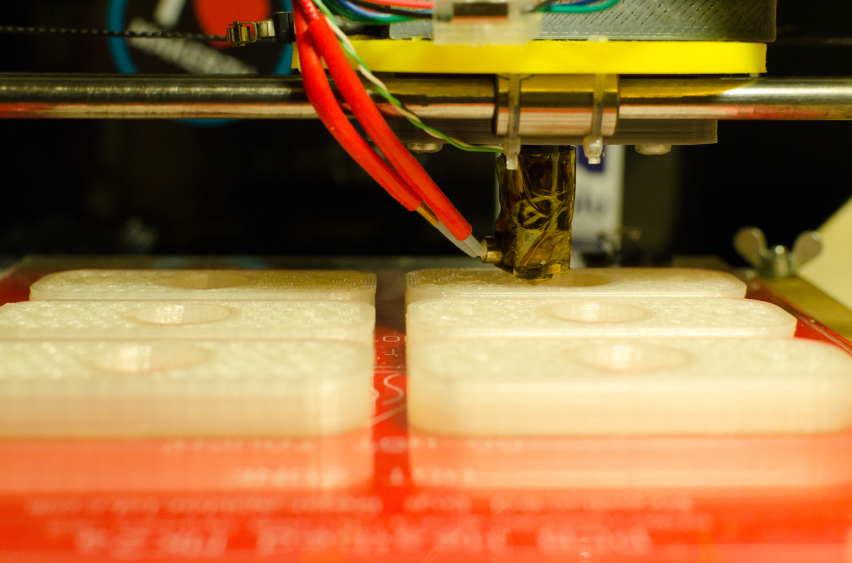Study: Forgetting is a form of learning that helps your brain access important memories
07/18/2022 / By Zoey Sky

It can be annoying when you’re trying to remember something, but your brain refuses to cooperate. But according to a study published in the journal Nature Reviews Neuroscience, forgetting is actually a form of learning that helps you access more important information.
The study was conducted by researchers Tomas Ryan from Trinity College Dublin and Paul Frankland from the University of Toronto.
The researchers reported that “lost” memories aren’t gone, you just can’t access them. Memories are stored permanently in sets of neurons and your brain decides which ones you can access and which irrelevant ones are locked away. These choices are based on environmental feedback.
In theory, this should give you flexibility in the face of change and better decision-making. If correct, the results of the study could pave the way to understanding and treating memory loss in people with Alzheimer’s disease.
Ryan explained that memories are stored in ensembles of neurons called “engram cells” and that the successful recall of these memories involves the reactivation of these ensembles. This suggests that you forget things when engram cells cannot be reactivated. (Related: German researchers successfully implant, then delete, false memories in people’s minds.)
Engram cells, forgetting and memories
The researchers said forgetting happens when engram cells are switched from an accessible to an inaccessible state, which then locks away certain memories.
Since the rate of forgetting is affected by environmental conditions, it’s likely that “forgetting is actually a form of learning that alters memory accessibility in line with the environment and how predictable it is,” explained Ryan.
Frankland added that your brain forgets things in various ways, but all of them make the engram, the physical embodiment of a memory, harder to access. The researchers hope that their findings can be used to develop new treatments for pathological forgetting.
They said that “natural forgetting” is reversible in certain circumstances and that in people with Alzheimer’s, these natural forgetting mechanisms are “hijacked.” This then causes “greatly reduced engram cell accessibility and pathological memory loss.”
Natural ways to improve your memory
Having trouble remembering things? Try the tips below to improve your memory:
Take a fish oil supplement
Fish oil is full of the omega-3 fatty acids eicosapentaenoic acid (EPA) and docosahexaenoic acid (DHA).
Both EPA and DHA are essential for your overall health and data suggests that they can help reduce inflammation and lower the risk of heart disease. Additionally, EPA and DHA may help relieve stress and anxiety and slow mental decline.
Don’t consume too much sugar
Consuming too much sugar may cause various health issues and chronic diseases such as cognitive decline. According to research, a diet full of sugar can lead to poor memory and reduced brain volume, especially in the area of the brain that stores short-term memory.
In one study involving more than 4,000 participants, researchers discovered that people with a higher intake of sugary beverages like soda had lower total brain volumes and poorer memories on average compared with others who consumed less sugar.
Cutting back on sugar helps your memory and it’s also important for your overall well-being.
Get enough restful sleep
Not getting enough sleep is also linked to poor memory.
Sleep is crucial for memory consolidation, a process where short-term memories are strengthened and transformed into long-lasting memories. Data suggests that if you’re sleep-deprived, you could be negatively impacting your memory.
In one study, researchers analyzed the effects of sleep in 40 children between ages 10 and 14. One group of children was trained for memory tests in the evening, then tested the following morning after a night’s sleep.
The other group was trained and tested on the same day, but didn’t sleep between training and testing. The children in the group that slept between training and testing performed 20 percent better on the memory tests.
Health experts advise adults to get between seven to nine hours of sleep each night for optimal health.
Visit Brain.news to read more articles about memory and brain health.
Watch the video below to find out how choline can help sharpen your focus and memory.
This video is from the Primal Brain Hacks channel on Brighteon.com.
More related stories:
Train your brain to create “better” memories.
Scientists can now implant “false memories” into animal brains.
Your brain automatically preserves important memories and filters out the rest.
Sources include:
Submit a correction >>
Tagged Under:
brain function, brain health, breakthrough, discoveries, engram cell, memory, memory formation, memory loss, natural health, neurons, research, tips
This article may contain statements that reflect the opinion of the author
RECENT NEWS & ARTICLES
COPYRIGHT © 2018 BREAKTHROUGH.NEWS
All content posted on this site is protected under Free Speech. Breakthrough.news is not responsible for content written by contributing authors. The information on this site is provided for educational and entertainment purposes only. It is not intended as a substitute for professional advice of any kind. Breakthrough.news assumes no responsibility for the use or misuse of this material. All trademarks, registered trademarks and service marks mentioned on this site are the property of their respective owners.




















